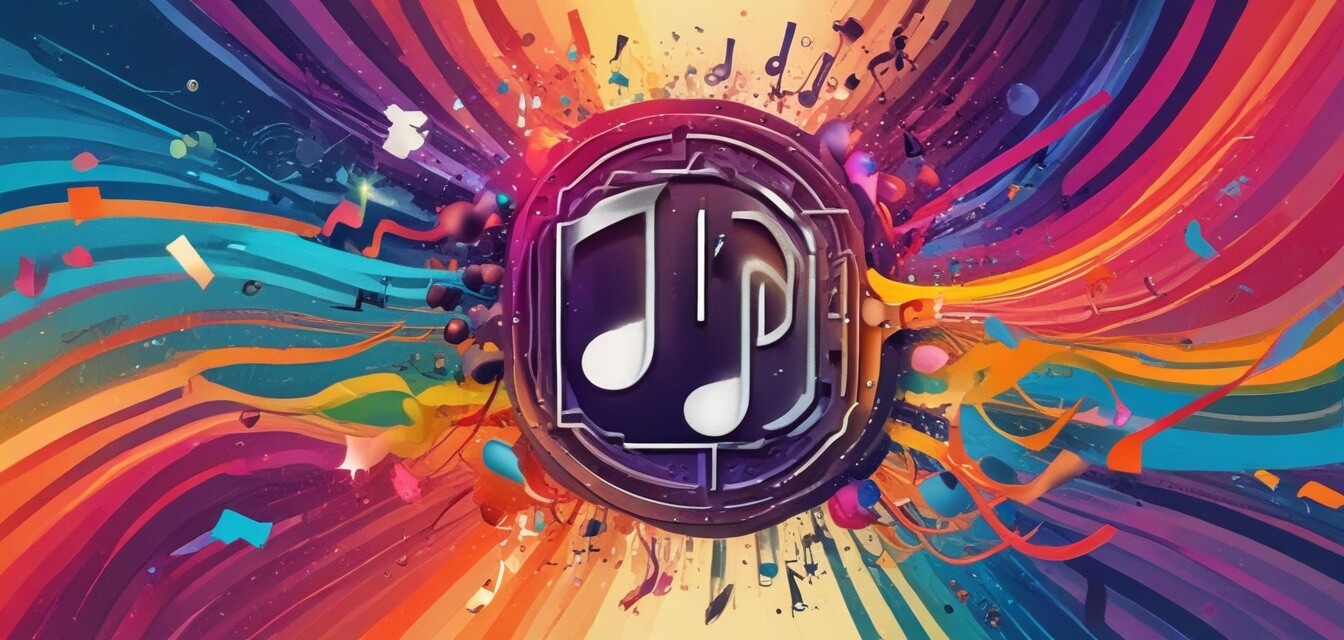
The growing importance of music licensing in streaming
Key Takeaways
- Music licensing is crucial for streaming services, ensuring that artists are compensated fairly.
- Different types of licenses affect the availability and accessibility of music on streaming platforms.
- Understanding music licensing helps listeners appreciate the value of music and support their favorite artists.
- The industry is evolving, leading to changes in the way licenses are negotiated and enforced.
- Emerging technologies may reshape the future of music licensing in the streaming landscape.
As music streaming continues to revolutionize how we consume our favorite tunes, the significance of music licensing grows exponentially. From artists to listeners, understanding how licensing shapes the musical landscape is crucial. In this article, we will explore the impact of music licensing on streaming services and its implications for all stakeholders.
What is music licensing?
Music licensing refers to the permissions obtained to use a piece of music in various contexts. Whether it’s played on radio, used in film, or streamed on digital platforms, paying for a license allows the rightful owners of the music to be compensated. Without proper licensing, artists and producers may miss out on critical revenue that helps sustain their work.
Types of music licenses
Different types of licenses are required for different uses of music. Here’s an overview of the most common types of music licenses that affect streaming:
| License Type | Description | Platforms Requiring This License |
|---|---|---|
| Synchronization License | Needed for combining music with visual media. | Video streaming platforms like YouTube |
| Mechanical License | Required for reproducing music in recordings. | Music streaming services like Spotify and Apple Music |
| Public Performance License | Allows music to be played in public spaces. | Live venues, radios, and public venues |
| Master License | Gives permission to use a specific recording of a song. | All streaming platforms |
How music licensing affects artists
For artists, music licensing serves as the backbone of their income. Each time their music is streamed, they expect compensation through various license fees. However, the complexity of these licenses can sometimes lead to challenges in revenue distribution, making it vital for artists to be aware of their rights.
Pros for Artists
- Fair compensation for their work.
- More exposure to new audiences.
- Networking opportunities with other artists and producers.
Cons for Artists
- Complicated licensing agreements.
- Potential delays in payment from streaming services.
- Challenges in tracking usage and revenue.
Impact on listeners
Listeners are arguably the most affected by music licensing, as it shapes what music they have access to on various streaming services. A better understanding of music licensing helps listeners appreciate the value and artistic effort behind their favorite songs. Here’s how licensing impacts them:
- **Access to Diverse Music**: Licensing agreements can shape which songs are available on different streaming platforms.
- **Support for Artists**: By engaging with licensed music, listeners ensure that artists get paid for their work.
- **Getting the Right to Share**: Understanding licensing helps listeners navigate sharing music within legal constraints.
The evolving landscape of music licensing
The world of music licensing is evolving. With advancements in technology and shifts in consumer behavior, the future suggests a more streamlined licensing process. As emerging platforms develop, the question remains: how will they navigate the complexities of licensing?
Technology's role
New technologies, including blockchain and AI, offer promising solutions for simplifying music licensing. These innovations can provide transparent tracking methods for music usage, ensuring that artists are compensated accurately for their work.
Tips for navigating music licensing
- Stay informed about current licensing trends.
- Consult with legal experts for complex agreements.
- Participate in workshops or courses to enhance your understanding of music rights.
- Explore resources such as (a href="https://www.copyright.gov/" target="_blank">U.S. Copyright Office) for licensing information.
- Network with other artists to stay updated on best practices and experiences.
Conclusion
As the music streaming landscape continues to grow and change, understanding music licensing becomes increasingly vital for artists, listeners, and platforms alike. By fostering awareness of licensing issues, all participants can contribute to a healthier ecosystem that values and compensates creative talent fairly. Stay informed and embrace the evolving nature of music licensing to fully enjoy the rich soundscape that streaming services have to offer.